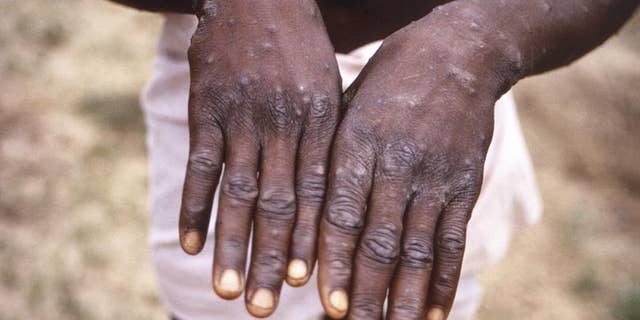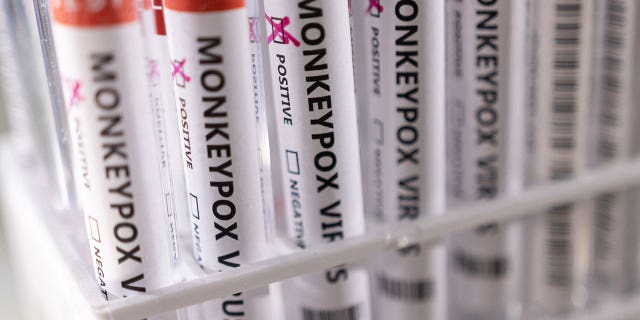NEWYou can now listen to Daily Post articles!
The World Health Organization (WHO) called monkeypox a "moderate threat" to worldwide public health.
In a report issued Sunday, the WHO gave a breakdown of the monkeypox virus' side effects, transmissibility and its presence in countries worldwide.
As of May 26, only 257 cases had been tested in laboratories and documented worldwide, with an additional 120 suspected cases without lab confirmation.
"Currently, the overall public health risk at global level is assessed as moderate considering this is the first time that monkeypox cases and clusters are reported concurrently in widely disparate WHO geographical areas, and without known epidemiological links to non-endemic countries in West or Central Africa," the WHO stated.
US MONKEYPOX CASES CLIMB, ANOTHER REPORTED IN COLORADO
"The situation is evolving rapidly and WHO expects that there will be more cases identified as surveillance expands in non-endemic countries, as well as in countries known to be endemic who have not recently been reporting cases," the agency said.
Data indicates that the monkeypox virus is not as transmittable as the coronavirus has been in the past years of the global pandemic. Transmission of monkeypox typically requires skin-to-skin contact, sharing of bodily fluids and other forms of direct contact.
Though the virus is not exclusively transmitted via sex between men, outbreaks of monkeypox have been clustered in LGBTQ communities. The WHO has provided specialized advice on the virus for these groups.

This 1997 image provided by the CDC during an investigation into an outbreak of monkeypox, which took place in the Democratic Republic of the Congo (DRC), formerly Zaire, and depicts the dorsal surfaces of the hands of a monkeypox case patient, who was displaying the appearance of the characteristic rash during its recuperative stage.
(CDC via AP)
"One reason we are currently hearing reports of cases of monkeypox from sexual health clinics in communities of men who have sex with men in this outbreak may be because of positive health seeking behaviour in this demographic," the WHO wrote in their report. "Monkeypox rashes can resemble some sexually transmitted diseases, including herpes and syphilis, which may explain why these cases are being picked up at sexual health clinics. It is likely that as we learn more, we may identify cases in the broader community."
Around 20 countries where monkeypox is not endemic have reported outbreaks of the viral disease, with more than 200 confirmed or suspected infections mostly in Europe.
The name "monkeypox" reflects the first documentation of the virus, which was in species of monkeys in Denmark in 1958.

Test tubes labelled "Monkeypox virus positive" are seen in this illustration taken May 22, 2022. REUTERS/Dado Ruvic/Illustration/Files
(REUTERS)
"One case of monkeypox in a non-endemic country is considered an outbreak. The sudden appearance of monkeypox simultaneously in several non-endemic countries suggests that there may have been undetected transmission for some time as well as recent amplifying events."
Mexico on Saturday reported its first confirmed case of monkeypox, according to deputy health secretary Hugo Lopez-Gatell.
The patient was a 50-year-old permanent resident of New York who is being treated in Mexico City, Lopez-Gatell said on Twitter.
Reuters contributed to this report.


